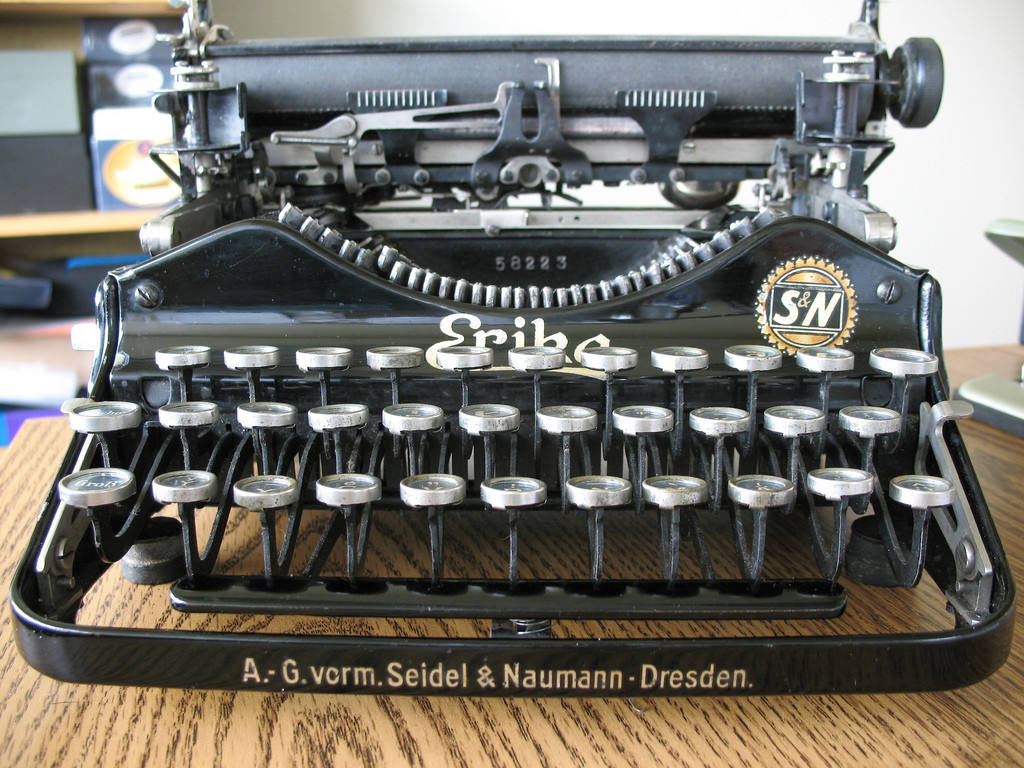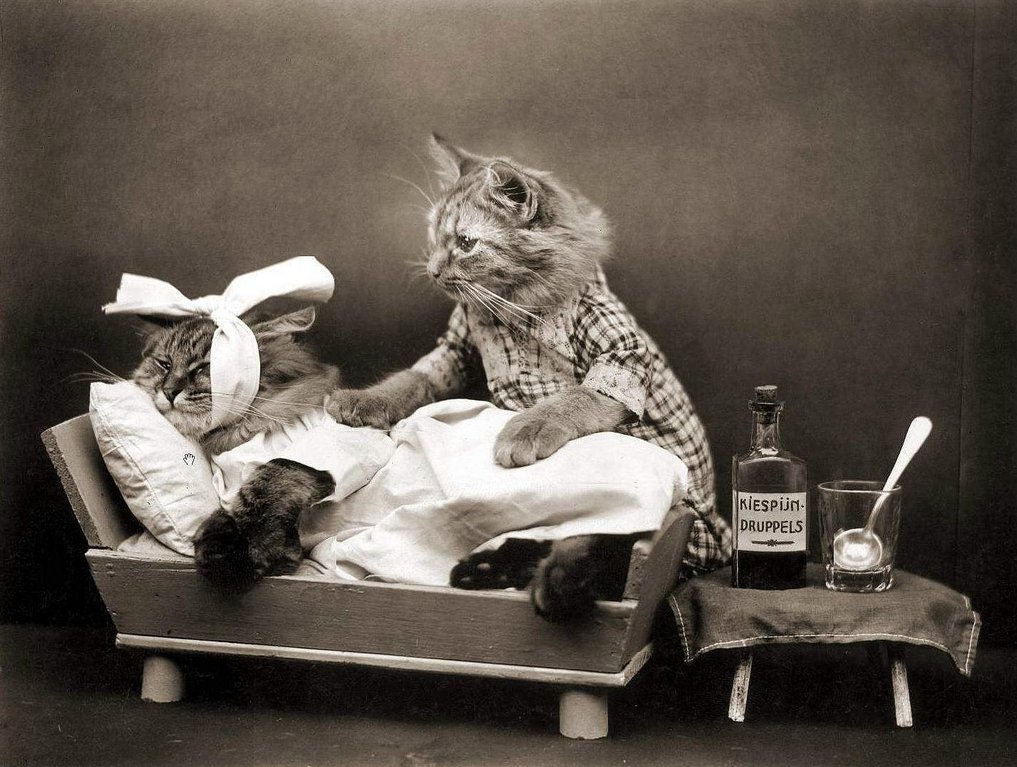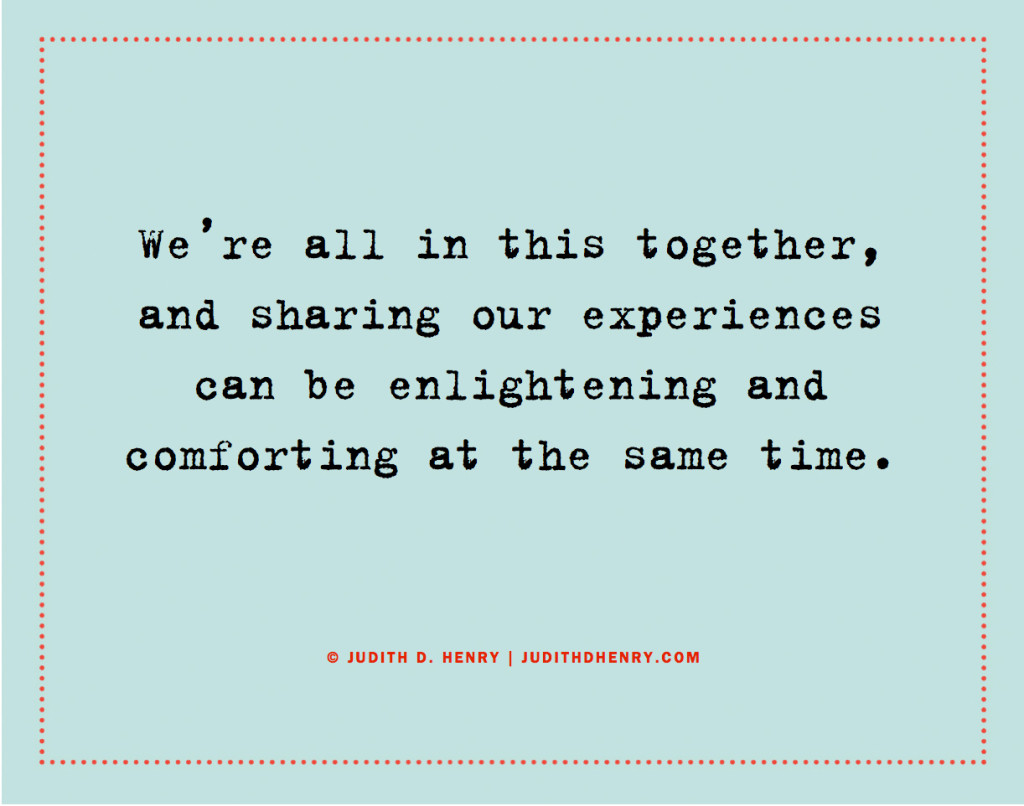
With permission from members of my writer’s group for caregivers, I’ll be sharing some of their work with you from time to time. This powerful piece, by Anne Lawrence, is a response to four questions posed at our last meeting. What would your answers be?
Q What do you wish you’d known or were told before taking on the role of caregiver?
Q What has been the hardest part of caregiving?
Q What has been the most rewarding part of caregiving?
Q Please share some advice for someone who’s new to this journey.
—————————————————————————————————–
Some Advice
“I’m so tired,” said Dick, as I tucked him into bed this morning at 9:30am. He had been up for three hours, but he needed a nap. For the past few weeks, he’s been failing, faster now than the slow fail to which I’ve been witness for almost seventeen years. It’s not cancer, which even when it’s slow is faster than this. “This” is what obituaries call “complications of diabetes,” the decades-long, inexorable march to death. It’s a quiet suffering. There are no pink, purple, or red ribbons, no television marathons, no lawyers promising you compensation. Because unlike mesothelioma, which can be proved to be someone else’s misdoing, the suffering associated with diabetes is, in the eyes of many of the healthy, your own damn fault.
I don’t blame Dick for his diabetes. I’ve watched him follow the doctor’s orders for thirty years, taking his medication, watching his diet, exercising. What the doctors don’t tell you is even when you are doing your best, the disease is damaging you. And there is no escape; no surgery to remove the mass, no chemo or radiation to kill the cells. There is nothing to be done except “manage” the disease. So we are managing.
“Maybe the owl is on his way,” Dick says to me, kidding of course, but is he really? He’s told me that after he dies, he’s going to come visit me as an owl. For quite a few months, there has been an owl appearing at intervals around our house, just sitting on the fence looking into our windows or swooping past me as I water the flowers. Dick decided that it’s my father, who died in 1985 and, to my knowledge, has never visited me before. But Dick claims the owl has a little mustache like my dad’s.
“You can’t come back as an owl if my father is an owl,” I say. “How will I know who’s who?”
“You’ll know,” he tells me with a sly smile. Many people would probably find this owl business morbid, macabre, or just plain weird. But we find it comforting and even fun. Dick wants to be cremated but he doesn’t want me to have a big honking urn on the fireplace mantel. “Just put a bit of me in a little owl and he can sit next to my golden chicken,” he said. Dick’s golden chicken is a gift from my sister. Along with a golden color, the chicken has Swarovski crystals and three tiny golden eggs. It’s only about two inches high and sits on our coffee table right in front of his chair. It symbolizes the financial windfall we were told was coming by the psychic my sister and I visit each year. “Your husband is sitting on a golden chicken,” the psychic told me. “He’s going to bring you lots of money.” The money never arrived, but the chicken did. So now Dick wants a little owl to match it. How am I going to find an owl that’s also an urn, I thought. But one enquiry in Google [owl cremation urn] brought him right up: A tiny owl that opens for about half a teaspoon of remains. I bought one right away, worried that I wouldn’t be able to find it again when the time (when is the time?) comes. Then, never to be outdone, my sister found an owl necklace with room for about a quarter teaspoon remains. We got three because, in addition to me, my sister and niece also want a piece of UD, as he’s called around here, Uncle Dick.
So some advice I’d give people who are caregivers for the very sick: Don’t be afraid to talk about the end. If you’re not afraid, the one you care for won’t be either. Embrace it, talk about it, laugh about it, cry about it. It’s difficult, of course, but I must believe it’s less heart-wrenching than pretending.
Dick and I were pulling into the driveway the other day from a particularly difficult doctor’s appointment and there was the owl, sitting on our neighbor’s air conditioner, watching us enter the garage. “Hi, Dad,” I said. “How’s it goin’?” Dick laughed and went into the house. About ten minutes later he was watching a western on TV. An owl flew over the Indian guide and the western settler. “Sign of death,” the Indian said. Dick and I looked at each other and howled.
So that’s something else I’d say to caregivers: You’re allowed to laugh.
Anne Lawrence
November 23, 2015



